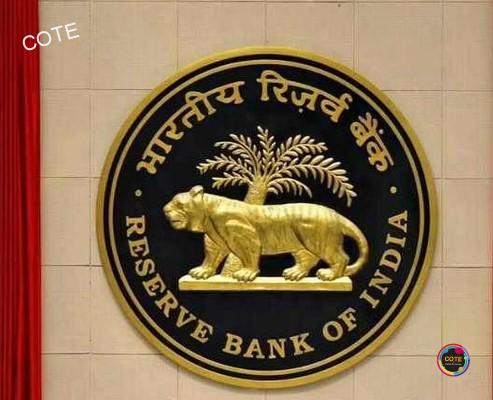The RBI presented a concept note on the digital rupee (e-rupee) on October 7, 2022, after forming a working committee to investigate the viability of a Central Bank Digital Currency (CBDC) in India in 2020. The establishment of a CBDC has also been announced by the Indian government in the 2022 Union Budget. The central bank will begin testing the digital rupee in India, according to the RBI concept note. What the planned digital rupee, as described in the RBI’s concept note, can entail for you is explained here. Be aware that the digital rupee is still in the planning stages and that the final design may alter depending on how the RBI’s pilot projects turn out.

The digital rupee, or e-rupee, is what?
The RBI is looking at a digital version of the Indian rupee called the “e-rupee” or “digital rupee.” Two versions, a wholesale one for interbank settlement and a retail one for the general public, have been recommended by the RBI. You will keep your digital rupee in a wallet with a bank or service provider, per the RBI’s indirect approach.
It’s a cryptocurrency, right?
Parts of the digital rupee system could be supported by the distributed ledger technology that underpins cryptocurrencies, although the RBI has not yet made a decision on this. In contrast, “private” cryptocurrencies like bitcoin and ethereum. On the other side, the RBI will be the one that issues and manages digital rupee.

Is it mineable?
No. RBI will give it out. Similar to bitcoin, it cannot be mined. This indicates that the digital rupee is unlikely to be affected by the environmental and energy use issues associated with bitcoin.
Who will publish it?
The RBI has suggested a scenario in which commercial banks distribute the e-rupee but it is issued by the RBI.

How is e-rupee transferred?
The digital rupee’s retail form is token-based. Basically speaking, this means that you obtain the recipient’s public key (which you may think of as an email address) and send them money using your private key (essentially, a password).
Does it generate interest?
No, the RBI concept note states. They are not enthusiastic supporters of the e-rupee. Why? because customers might withdraw cash from banks and exchange it for digital rupees, which would lead banks to fail.

Will it be kept secret?
An identifiable individual makes a financial transfer to another. On the other hand, a cash transfer is private; you are unaware of who has ever had that specific rupee note. The RBI concept note has suggested partial anonymity for e-rupee, wherein little sums but not huge quantities can be anonymous.
To know more about Digital Rupee by RBI please watch video below by StudyIQ IAS.



